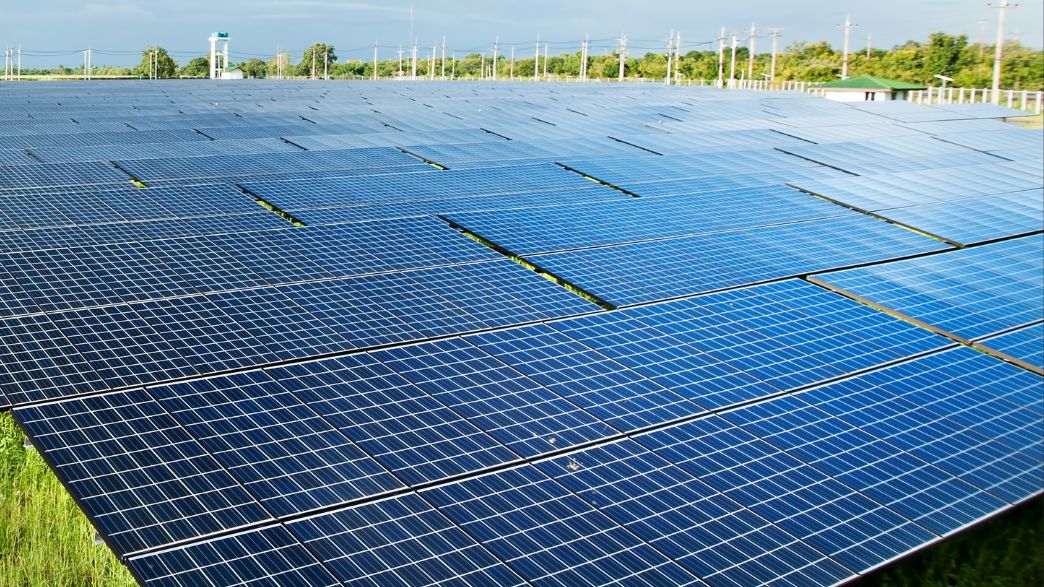The present time confronts us with a raw and undeniable reality: the urgency of dealing with climate change. Recent reports from the Intergovernmental Panel on Climate Change (IPCC) indicate an acceleration of the effects of climate change, demanding more direct and effective measures from us.
At the same time, we are witnessing an explosion of innovations in the renewable energy sector, with a growing awareness of the need for a transition to clean energy sources. Studies from the International Renewable Energy Agency (IRENA) show that renewable energy has the potential to reduce greenhouse gas emissions by up to 70% by 2050.
Let’s analyze the connection between these two fundamental aspects: climate change and clean energy.
The Reality of Climate Change
In its most recent report, the IPCC warns that human activities are causing an increase in global temperatures, with serious and potentially irreversible consequences. We are facing record temperatures, rising sea levels, intensification of extreme weather events, among other transformations that directly impact biodiversity, food security, and overall quality of life.
Clean Energy as a Solution
In this context, the transition to clean energy emerges as one of the most promising solutions. Renewable sources such as solar, wind, hydropower, biomass, and biogas have great growth potential, in addition to being fundamental for reducing carbon emissions.
Solar power is one of the most promising renewable sources and has the potential to drastically change our energy matrix. According to Absolar, photovoltaic solar energy saw a growth of 70% in just 2022. This is a clear indication that solar energy is becoming increasingly accessible and effective.
Solar energy has several advantages. It is inexhaustible, does not emit greenhouse gases during operation, and solar panels have a long lifespan. In addition, solar energy can be produced locally, reducing the need for long-distance transmission and increasing the resilience of the electrical grid.
Despite this, solar energy still faces challenges, mainly related to variability and storage. Solar panels produce energy during the day, but not at night, which means we need efficient energy storage systems or other energy sources to complement.
Biogas, in turn, is another energy source that is gaining ground. Abiogás (Brazilian Association of Biogas and Biomethane) points out that Brazil has one of the largest potentials for biogas production in the world, which puts us in a strategic position in this green revolution.
The Challenges of Energy Transition
While there is consensus on the need to transition to renewable energies, the realization of this change is not without challenges. The first is the infrastructure necessary for the storage and distribution of energy. While energy production from renewable sources is growing, we are still improving the technology to store this energy efficiently.
The second challenge is the need for significant investment in research and development. Renewable energies, although promising, still have much to be explored. For example, solar energy, one of the most promising sources of renewable energy, is still in the process of optimization to increase the efficiency of photovoltaic panels and reduce installation and maintenance costs.
Variability is also an obstacle: solar energy depends on sunlight, wind energy depends on wind. This means that we need effective storage systems or a diversified energy matrix to ensure a stable energy supply. The Ministry of Mines and Energy has been seeking to encourage the expansion of clean energy sources, but there is still much work to be done.
Conclusion
In the face of the climate crisis, we need to recognize the importance of rethinking our energy matrix. Clean energy is not just a viable alternative, but an urgent necessity.
We need to act urgently, but also with intelligence and strategy. It’s not enough just to invest in clean energy, it’s necessary to create a favorable environment for its expansion, with appropriate legislation, financing, incentives.

Comment